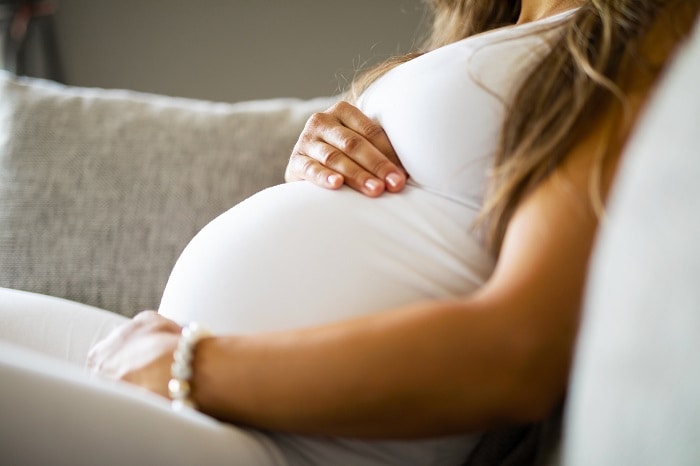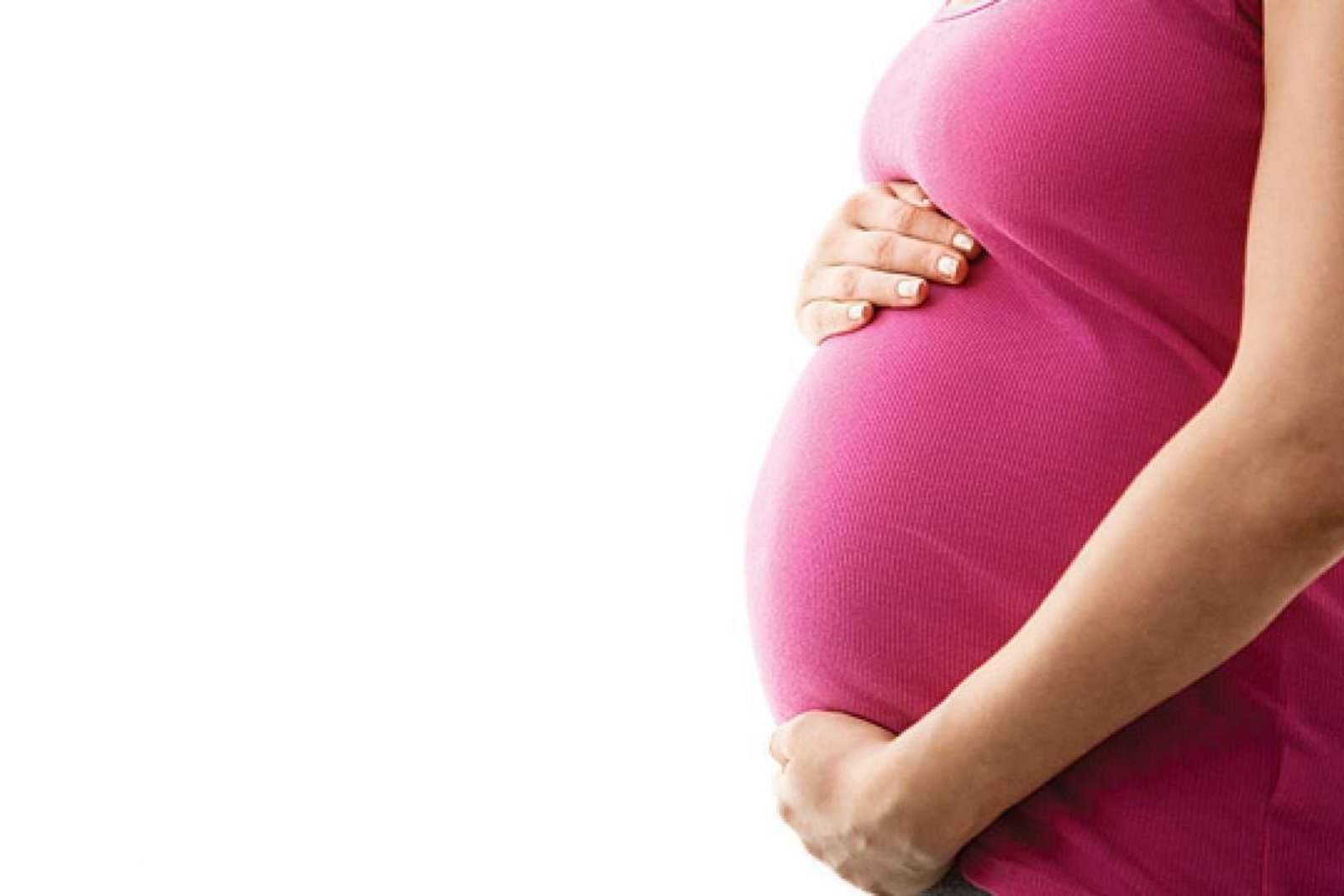According to a study published today in the European Heart Journal, most women born with heart defects can safely become pregnant and give birth to healthy babies with few or minor complications if they are supported by expert medical care and counselling (Wednesday). [1]Advances in heart surgery have resulted in more babies born with congenital heart disease (CHD) surviving and reaching reproductive age in recent decades, but the risks to women with CHD of becoming pregnant and giving birth have not been clearly defined.
Doctors frequently advised them not to try for a pregnancy due to the risks of death and other health issues for both mothers and babies. The current study, which included 7,512 pregnancies in 4,015 women with CHD in Germany, is the largest to date and found that no women died, despite the fact that these mothers and babies experienced more health complications when compared to a control group of 11,225 pregnancies in 6,502 women without CHD. There was a small but significant increase in the risk of stillbirths or babies dying within the first month of life among those born to CHD mothers, and these children had a six-fold increased risk of CHD than the control group.”

The most important finding from our study is that many women born with a congenital heart defect can safely carry a pregnancy and give birth.” This is significant because many women would not have reached adulthood only a few decades ago. “It’s very encouraging to see that such a large number of mothers with a congenital heart defect can have healthy children,” said Dr. Astrid Lammers, the study’s first author and a consultant in paediatric cardiology who works in the department for adults with CHD at University Hospital Münster in Germany.”We do report relevant and important health problems around the time of birth.”
However, thanks to advanced neonatal support and techniques, the majority of these issues can be resolved medically, albeit with surgery and prolonged hospitalisation.” An accompanying editorial [2] by experts who were not involved in the research describes the “well-performed” study’s result of zero maternal deaths as “unexpected and fantastic news.”Dr. Lammers and her colleagues examined all pregnancies in women with CHD from 2005 to 2018 from one of Germany’s largest health insurance companies, which insures approximately nine million people (around a nineth of the German population).
They paired them with women their age who did not have CHD.They discovered that no women in the CHD group died during pregnancy or within 90 days of delivery, while one woman in the non-CHD group died. Although the overall rate of complications was low, women with CHD had a significantly higher rate of stroke (1.13 percent versus 0.17 percent), heart failure (0.84 percent versus 0.03 percent), and abnormal heart rhythm problems (0.82 percent versus 0.12 percent) than women without CHD.
Caesarean births were also more common in CHD patients, at 40.5 percent versus 31.5 percent.There was a higher risk of stillbirth (1.4 percent versus 0.4 percent), death within the first month of life (0.83 percent versus 0.22 percent), low and extremely low birthweight (1000-2499g or less than 1000g), being born prematurely, requiring mechanical ventilation, having major visible abnormalities, and having Down’s syndrome or other genetic syndromes among babies born to mothers with CHD. Eighteen percent of babies born to CHD mothers had CHD themselves, compared to 3% of babies born to non-CHD mothers, and 6 percent versus 0.4 percent required heart surgery with heart-lung machine support by the age of six years.
The complexity of the mother’s heart defect, high blood pressure, heart failure, blood-thinning treatment with vitamin K antagonists in the year before pregnancy, and prior fertility treatment were all significant predictors of medical problems in the newborn, according to the researchers.
The researchers note in their paper that the mothers they studied were managed collaboratively by paediatric and adult cardiologists, gynaecologists, and general practitioners, as well as regional and national adult CHD centres, in a well-funded, decentralised health system where they would have had access to appropriate counselling. The same results would be unlikely in poorer countries.”
Our findings should help to inform expectant mothers with congenital heart disease about neonatal complications and direct them to appropriate care providers if they want to start a family.” Counseling is an essential part of every woman’s care with a congenital heart defect and should begin at a young age. It appears to work in developed countries such as Germany, as evidenced by the absence of maternal deaths.
“This is most likely due to avoiding very high-risk pregnancies and proper pregnancy management,” Dr Lammers explained.”Health problems appear to occur primarily in children, so counselling should focus on potential health problems for them.” Some women whose heart defects put them at a very high risk of death or serious complications should be counselled about the risks of pregnancy, and these women should be discouraged from becoming pregnant.
Sometimes the desire to have a child outweighs the risks, and women choose to become pregnant anyway. It is still a personal choice for the woman and her partner. In this case, it is critical to provide close medical supervision by all specialists involved throughout the pregnancy.” [3]Professor Jolien Roos-Hesselink and Dr Karishma Ramlakhan of Erasmus University Medical Center Rotterdam (The Netherlands) write in the accompanying editorial that the study is an important contribution to knowledge on the subject. “Not only is this the largest study, but it includes all women with ACHD [adult congenital heart disease], without the potential bias of including only patients seen at a tertiary centre or patients with other types of heart disease.”
Furthermore, because it is carried out in a Western country with an optimal health care system, the results are applicable to other Western countries with comparable systems of care organisation, appropriate counselling, and good collaboration between cardiac and obstetric care. Pregnancy outcomes in global studies, including patients from developing countries, show less favourable results. These differences demonstrate how women’s health care system and environment have a significant impact on their pregnancy outcomes, and they demonstrate how much work remains to be done to improve these outcomes for all women worldwide.
“They note that the fact that no women with CHD died “allows the large majority of ACHD patients to be reassured about the mortality risk of pregnancy.” This is an important message that should lead to a shift in policy from viewing pregnancy as potentially very dangerous to viewing pregnancy as relatively safe and explaining the potential risks, with the caveat that women in mWHO IV [the very highest risk group] should not become pregnant.”
______
Mothers | Don’t forget to follow us on Twitter @njtimesofficial. To get the latest updates









